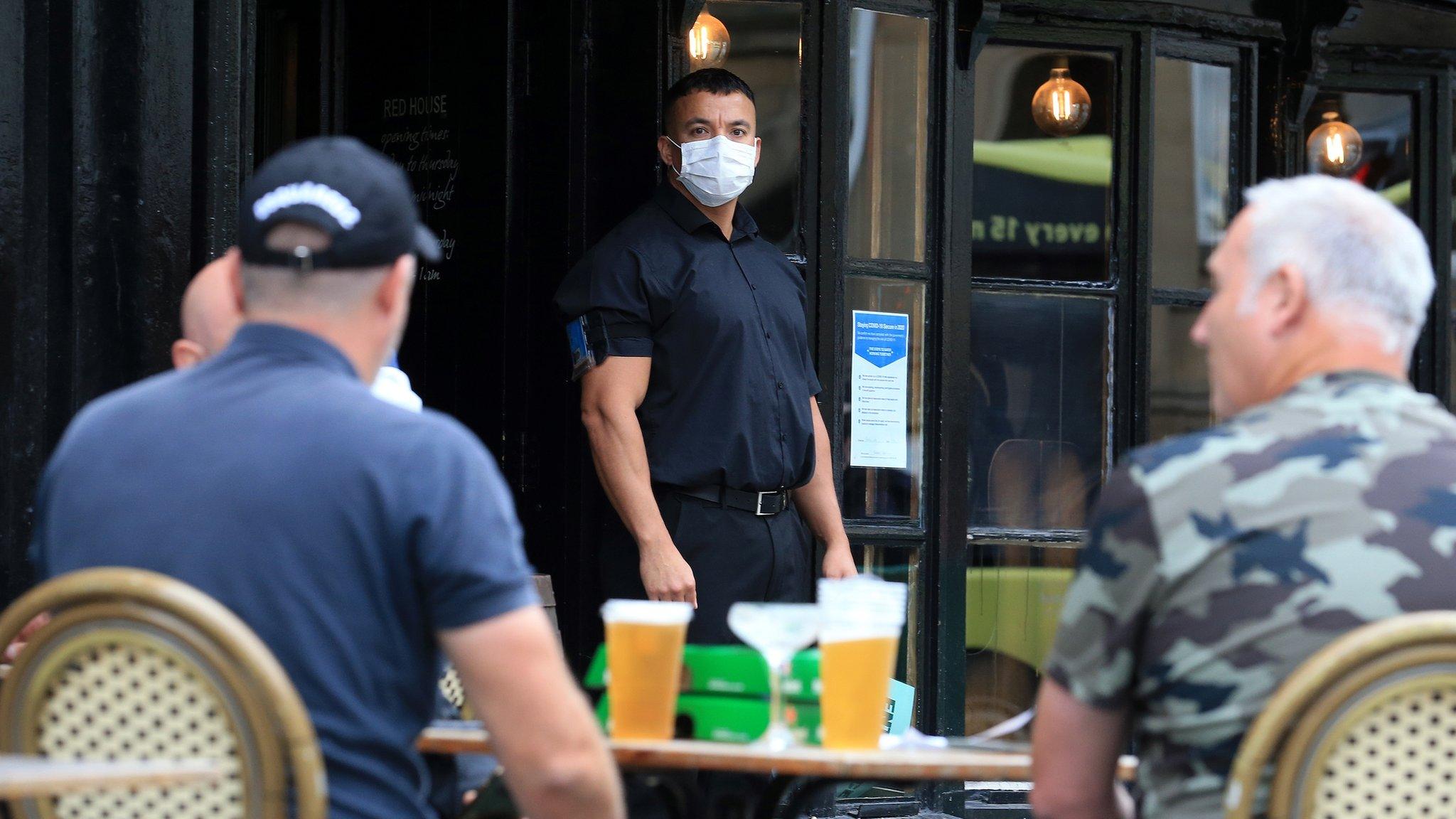Covid-19: North East council leaders 'oppose further restrictions'
- Published
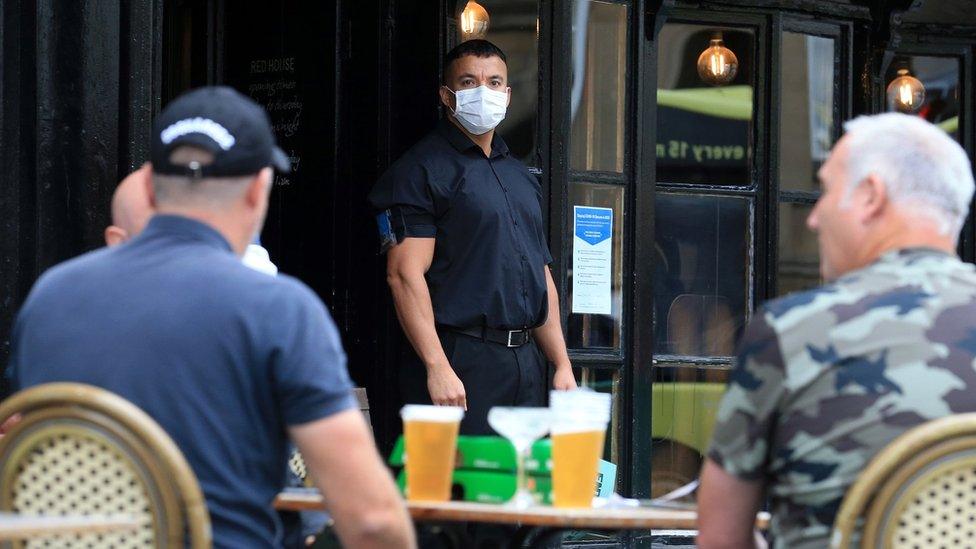
Stricter measures in the North East could include temporary pub closures
Council chiefs in north-east England oppose further lockdown restrictions, including pub closures, but "couldn't refuse" them, one local leader says.
Parts of the region are subject to strict measures which could be tightened further next week.
After meeting government officials, Gateshead's Martin Gannon said stricter rules would be "counter-productive".
A Downing Street spokesman said it had "worked closely with local leaders and work will continue".
The leaders of Newcastle, South and North Tyneside, Northumberland, Sunderland and County Durham, also said they would oppose further restrictions, which are due to be revealed on Monday.
The government is understood to be considering a three-tier approach to lockdown restrictions in England.
'Frustrating public support'
Mr Gannon told BBC Radio 5 Live the meeting with civil servants "wasn't an occasion" to decide which area went into each tier, but a chance to discuss how the new system would work.
The Labour-led authority's leader said he believed hospitality staff would be "very fearful" of proposed pub and restaurant closures.
"Ultimately we accept that the government determines the law..but I think we put our case very strongly that three sets of regulations in 10 days is beginning to frustrate public support," Mr Gannon added.
"We couldn't refuse, but I think we are being very clear that it would be counter-productive and it would undermine what we are doing."
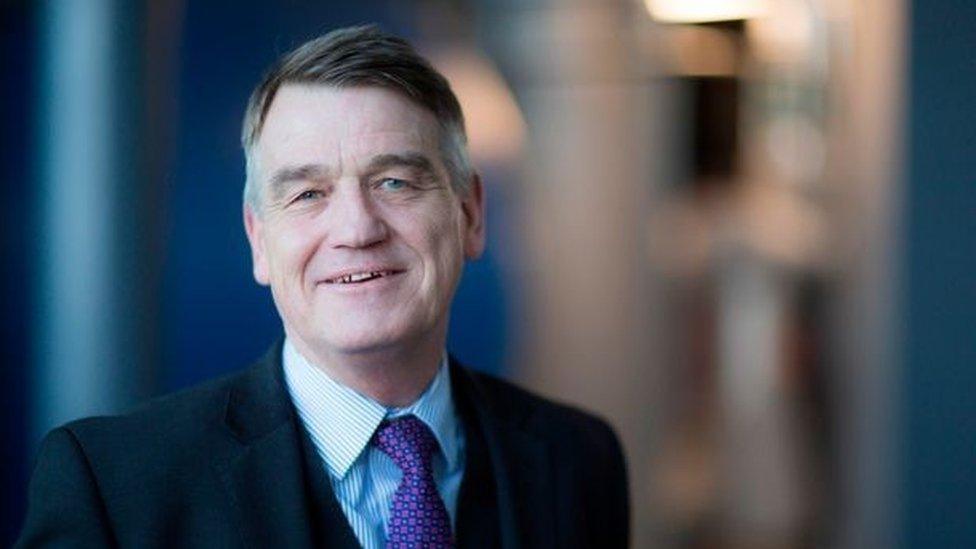
Martin Gannon said the current measures were "beginning to work"
Earlier Chancellor Rishi Sunak announced that employees who work for firms forced to shut by law due to Covid-19 restrictions will get two-thirds of their wages paid for by the government, from 1 November.
Asked whether he thought the package allayed his fears, Mr Gannon replied: "I would have to say no.
"I accept there has been movement but for 56,000 people who work in hospitality in the north-east of England, which is not necessary a well-paid sector of the economy...even with two-thirds of income I think that will not reassure a lot of people, it will make them very fearful."
According to the latest figures, Newcastle had the fifth-highest rate of Covid-19 in the country over the past week, at 516.1 per 100,000.
But Mr Gannon said "evidence" had shown that despite confusion and a huge spike in student cases in the North East, the region was beginning to see a decrease in the new number of cases.
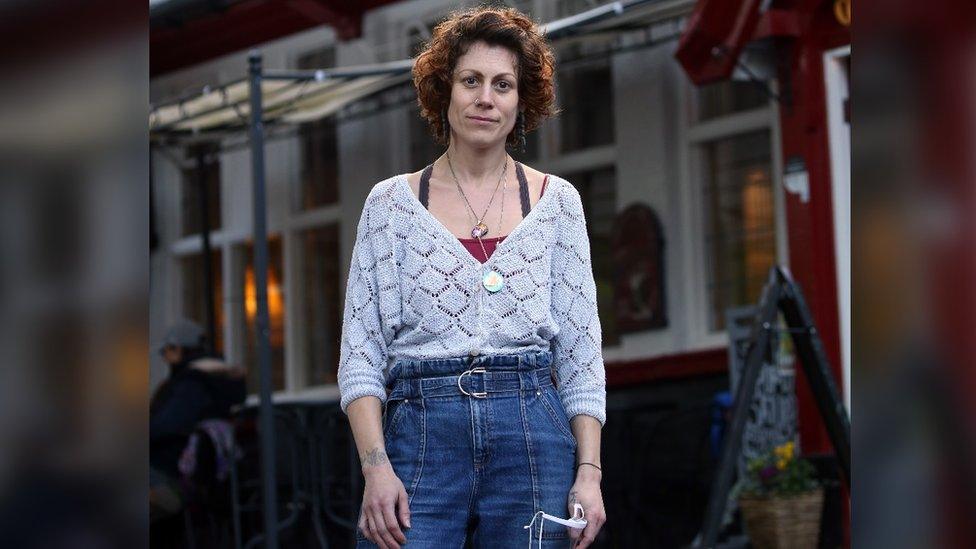
Abigail Bennett said pubs were a place for "human connection"
Further meetings are expected to be held over the weekend.
Meanwhile a publican has warned that another closure could make her homeless, if trade did not pick up afterwards.
Abigail Bennett, landlady at the Ye Olde Cross in Ryton, said: "I understand the safety measures to keep us safe.
"But it doesn't take into account that we're not here just to sell beer, we're here for a human connection.
"We're coming into winter and you're talking about closing a safe space that's here during people's darkest time."

Follow BBC North East & Cumbria on Twitter, external, Facebook, external and Instagram, external. Send your story ideas to northeastandcumbria@bbc.co.uk, external.
- Published9 October 2020
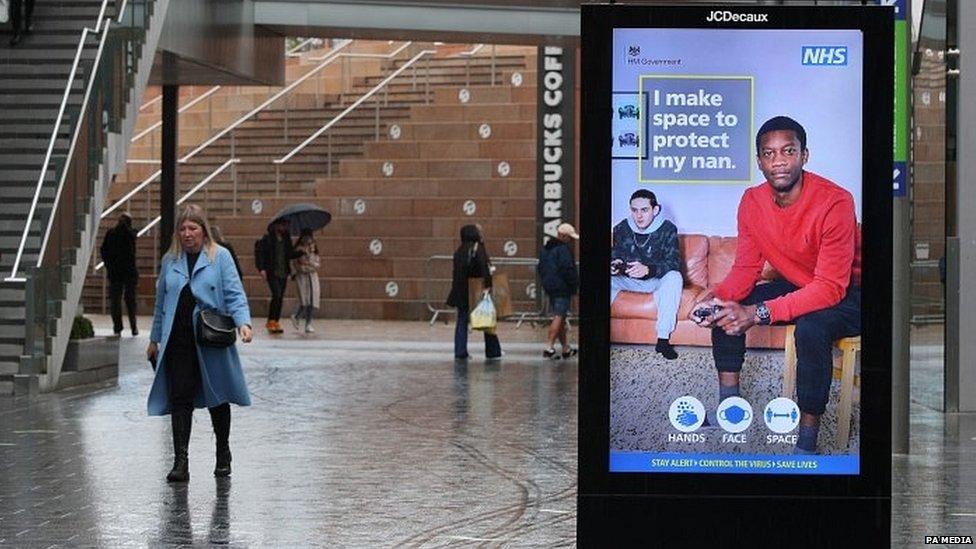
- Published9 October 2020
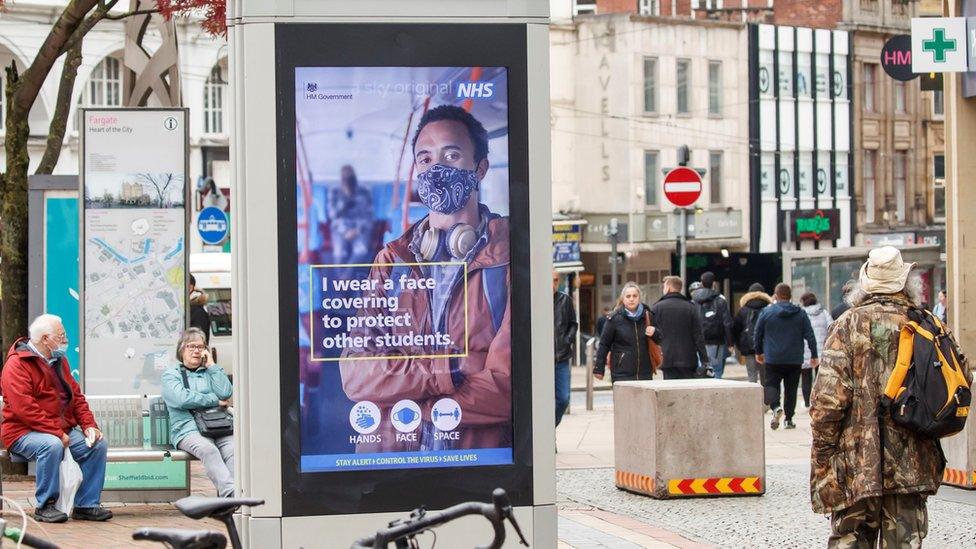
- Published9 October 2020
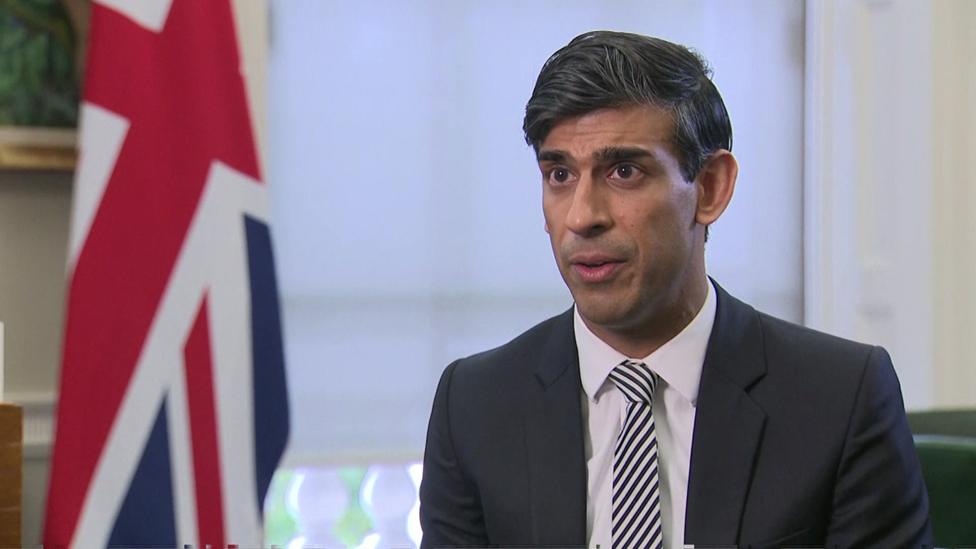
- Published8 October 2020
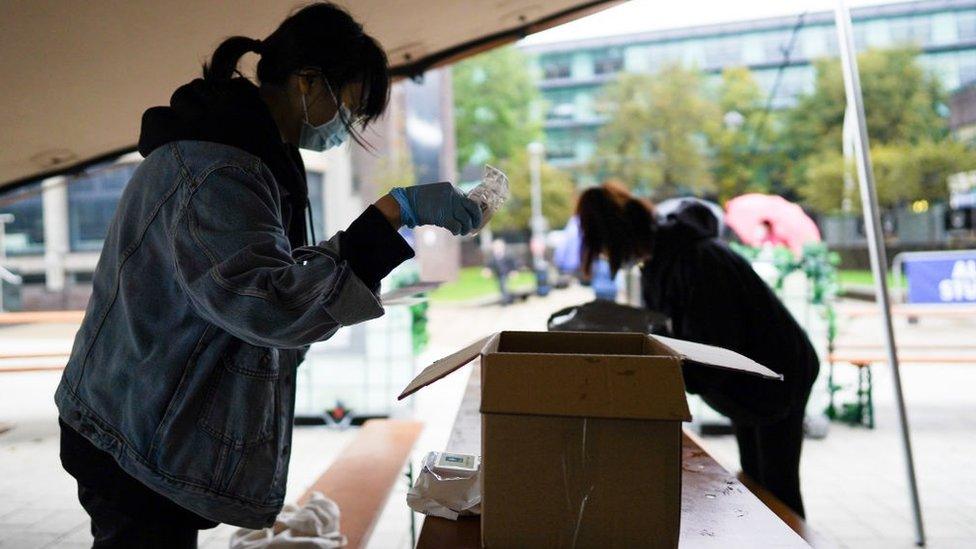
- Published13 October 2020
